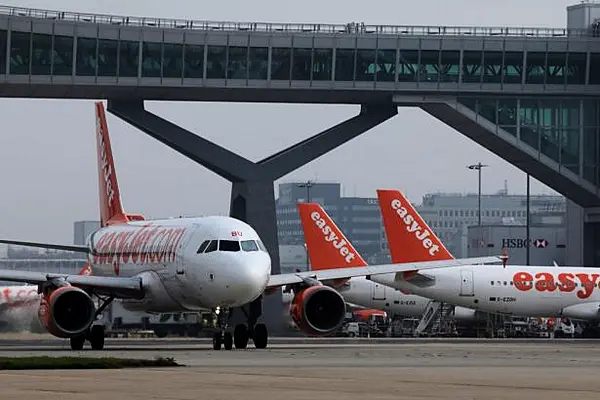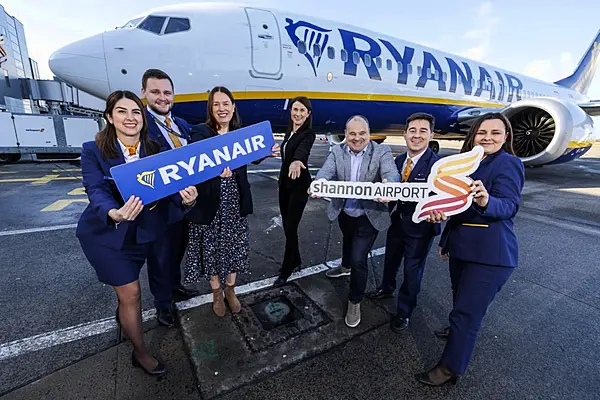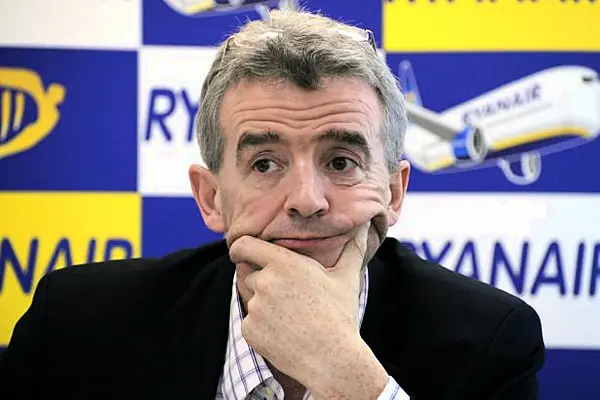EasyJet Chief Executive Officer Johan Lundgren laid out plans to serve 13 percent more passengers, widen links with other airlines and help pioneer testing of a hybrid-power plane in his first year of leading the discount carrier.
Lundgren, who succeeded Carolyn McCall as CEO on Dec. 1, said EasyJet will carry about 90 million travellers in 2018, helped by its purchase of Air Berlin’s operations at the German capital’s Tegel airport, the Luton, England-based airline said Wednesday in a statement. EasyJet’s transfer program with long-haul carriers will expand to cover about half of its routes during the year.
“My ambition is to help EasyJet go from strength to strength next year,” Lundgren said in the statement. “Reaching these milestones will be a result of the successful delivery of our strategy of purposeful and disciplined growth.”
The strategy builds on McCall’s efforts to turn EasyJet into a serious competitor to the likes of Dublin-based Ryanair Holdings Plc and Europe’s biggest flag carriers. McCall is set to join the ranks of British broadcaster ITV Plc after formally stepping down from the airline at the end of this year. Lundgren, 51, joins EasyJet after a career in the tourism industry, primarily at German-British leisure operator TUI AG.
EasyJet’s fleet of single-aisle Airbus SE planes will surpass 300 airliners by spring with the purchase of assets in Air Berlin’s liquidation, the U.K. company said. The first flights from its new base at Tegel will start Jan. 5. The carrier already operates a base at Berlin Schoenefeld airport.
The company is working with U.S. manufacturer Wright Electric to introduce a nine-seat aircraft that can fly on both standard jet fuel and battery power in 2018, EasyJet said. The partners outlined plans in September to produce an all-electric passenger jet within a decade.









